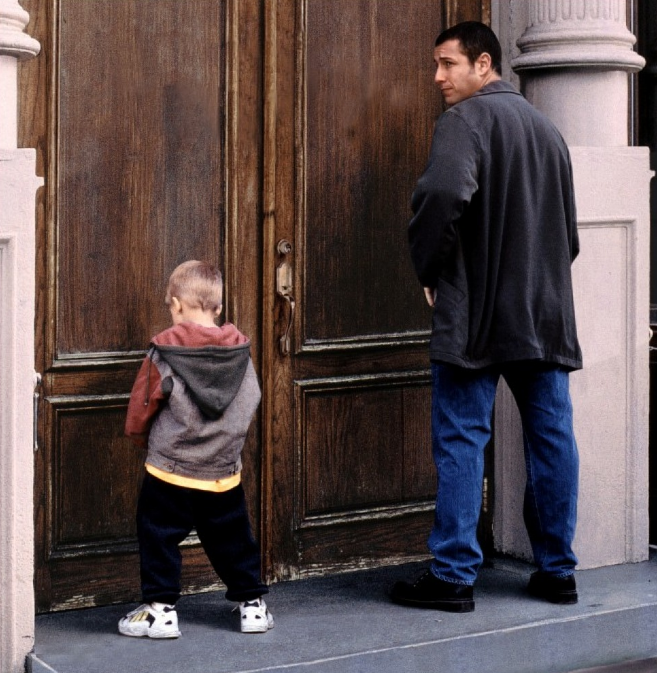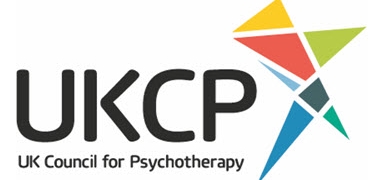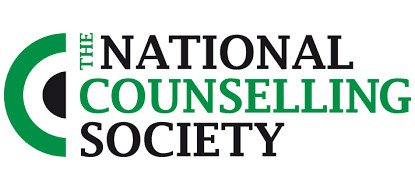Which parenting style are you?
/In the 1960s, psychologist Diana Baumarind looked at the different ways parents guide, socialise and control their children. She named three styles of parenting that are still referred to today: authoritative, authoritarian and permissive. A fourth, uninvolved or neglectful, was added later.
Of course, no parent fits into one of these styles all the time but they will typically have one primary style. Parents may change from one style to another according to circumstances and may respond differently to different children in the same family. Each parenting style is defined according to both how demanding and responsive the parent is to the child.
The four parenting styles
Understanding which parenting style you fit requires an understanding of the four parenting styles. Here's a look at each of them.
Authoritarian parent
The authoritarian parent is a strict and controlling disciplinarian; more demanding than responsive. Their child is expected to obey without any explanation from the parent who is likely to interfere unnecessarily and may shout threats and punishment although they may not follow these through.
An authoritarian parenting style includes rigid discipline, demanding behaviour, and can include abuse.
At the extreme level, there may be physical or emotional abuse to control the child. With such rigid and harsh parenting, the child is highly likely have low self-esteem and be prone to anxiety and depression.
Neglectful parent
The neglectful parent demands nothing and gives nothing. In the extreme, this may mean the child will be experiencing physical and emotional neglect and therefore abuse. The child of the uninvolved parent may well get involved in more extreme and risky behaviour as they have no boundaries or consequences to pull them back. Finding and maintaining their own healthy relationships as adults is likely to be difficult for them and there will be ongoing negative effects on their mental health.
Permissive parent
The permissive parent sees themselves as more of a friend than parent to their child. Indulgent and lenient, they set few expectations and confrontation is avoided at all costs. The permissive parent may be trying to make up for what they feel their own childhood lacked or perhaps giving the child material things so they do not demand time or interest seems like the easier option.
The journey through parenting styles feature as a story in many movies, showing neglectful or permissive parents developing a sense of responsibility and moving towards more appropriate parenting styles. Pictured above is Adam Sandler's Big Daddy.
The child has the upper hand but this lack of boundaries causes them feelings of insecurity as they look for limits to their behaviour but have no consistency or predictability. This can reach really challenging and increasingly aggressive behaviour in adolescence as the young person has no consequences for rude or careless behaviour or behaviour which has a negative impact on other people. This aggressive behaviour is often directed at a parent so whilst the child likely ends up with good social skills and high self-esteem their parents may not.
Authoritative parent
Authoritative parents are warm, responsive and able to communicate with their child in a positive manner. They offer support and set firm but fair limits, stepping in where necessary but otherwise letting the child manage themselves. Self-discipline is an important skill to teach children and young people and the authoritative parent can enforce boundaries where necessary, even when applying consequences may cause conflict.
As a result, the child is assertive, able to self-regulate and are therefore more likely to grow up to be resilient and socially responsible adults. As they are better adjusted emotionally, they are more able to form stronger, positive personal relationships. Whilst there are some cultural differences, the authoritative parenting style links to the best outcomes for children regardless of cultures.
Two parents, two parenting styles
It may be particularly difficult for the child in a family where there are two parents using differing parenting styles; where one tends to over-react whilst the other is overly permissive, for example. The child is likely to experience anxiety, insecurity and may also find it difficult to tolerate tougher emotions leading to an increase in negative behaviour. If one parent is authoritative, however, this can help mitigate the other parent’s authoritarian, permissive or uninvolved parenting.
Develop a better parenting style
The biggest influence on your children is that you model the values you think are important. Counselling will look at the behaviour of the child or young person but also your behaviour as the parent to see what you are contributing. You will be given support to help you parent as a team (whether you are still together as a couple or not) and to strengthen your communication, making it consistent and clear.






